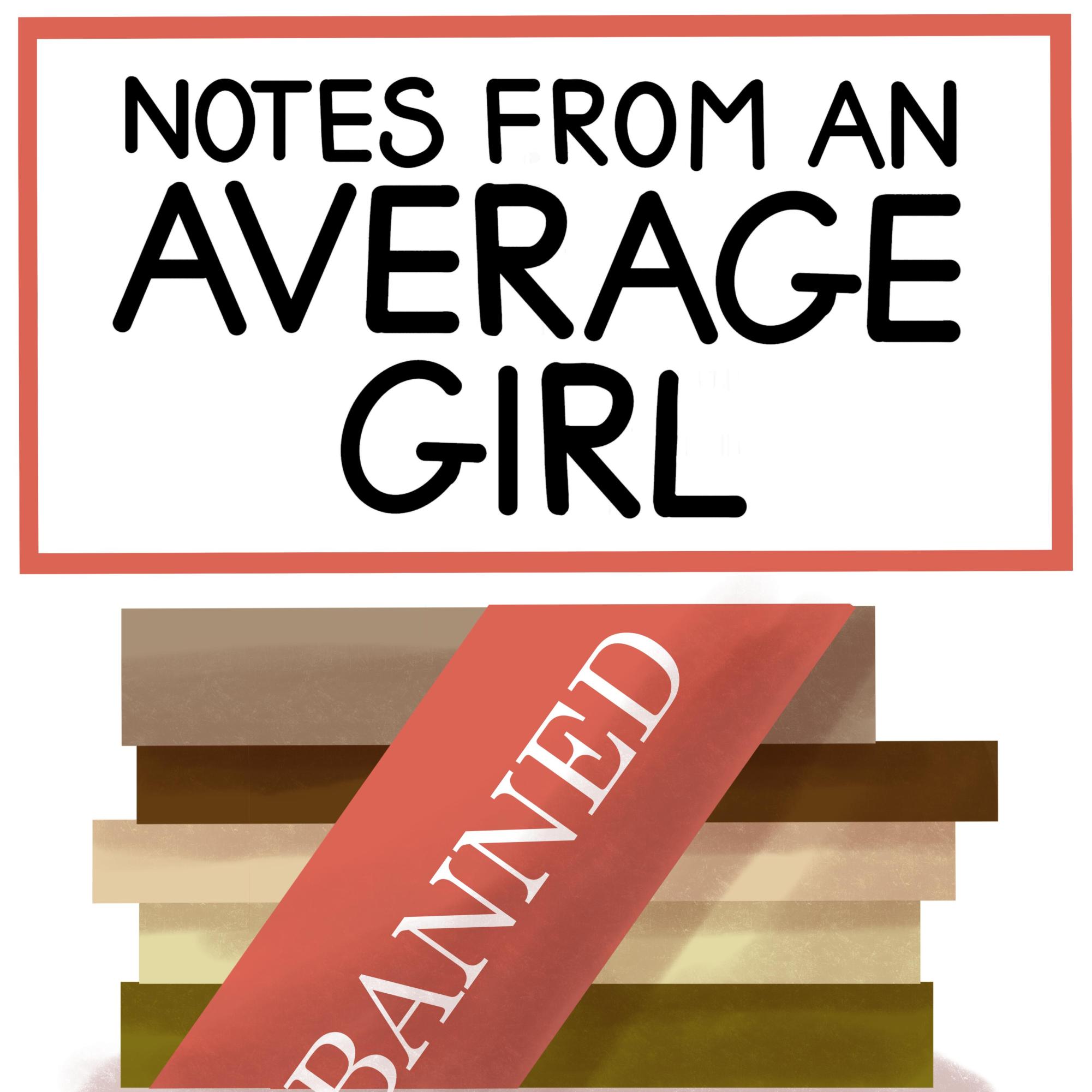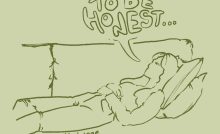Notes From an Average Girl // Notes on Book Banning


I read the book “Speak” by Laurie Halse Anderson in my sophomore year of high school, when I was sixteen. The novel follows Melinda, a thirteen-year old girl and rape survivor, during her freshman year of high school. Though I did not relate to her sexual assault experience, Melinda’s story resonated with me.
For me, reading is not just an activity but an adventure. I get to step into the lives of characters and understand their perspectives and experiences, and it allows me to grow my knowledge beyond myself and my own perspectives. I was fortunate enough to learn about rape through a novel that gently exposes readers to the truth of the unfortunate reality of the real world. Melinda, who represents the story of many girls, was not so lucky.
On Dec. 7, 2023, I listened to Anderson discuss this story at the Carnegie Library Lecture Hall. Anderson, unlike the character in her book, waited until adulthood to share her story. She wanted Melinda to confide in those she loves to encourage readers with similar experiences to do the same — she wanted to help readers understand they are not alone.
She later discussed the efforts across the country to ban “Speak” in schools and libraries. Parents, religious groups and school board members attempt to remove books like “Speak” from schools and libraries, claiming they’re “soft pornography” or include “glorification of drinking, cursing, and premarital sex.” The “soft pornography” in question is the rape of a 13-year-old girl. Book banning shields students from reality under the guise of “protection” and prevents students from forming their own opinions and exploring other perspectives.
Books about sexual assault aren’t the only ones banned. 26% of banned books include LGBTQ characters or themes, including ones like ”Gender Queer,” “All Boys Aren’t Blue” and “A Tango Makes Three.” These books promote acceptance of a marginalized community, and banning them defeats that purpose and directly opposes it. A student who reads an LGBTQ love story may be more likely to approach an LGBTQ classmate with compassion, and a student who questions their sexuality is more likely to accept themselves if they see people like them in a novel. Banning books about marginalized communities tells students in those communities that they are not accepted. When these books are rejected by schools, it parallels a feeling of rejection in this community.
Banned books about racial injustice — “To Kill a Mockingbird”, “The Hate You Give” and “The Bluest Eye” — have similar effects on students. Books about the Holocaust like “Maus” do, too. Banning these books prevents students from learning about our history. “To Kill a Mockingbird,” though fiction, is based on real court cases from the 1930s. It is written from the perspective of a young girl, and the reader learns about rape and racism at the same time as her. To read about this story is to learn about America’s racist past. To ban this story is an attempt to erase history.
“Speak,” “To Kill a Mockingbird” and “Nineteen Minutes” are three of my favorite books of all time. When I read them in middle school and high school for the first time, I was introduced to the life experiences of people undergoing racism and trauma while growing up, which are experiences I would not have learned of without these books. After reading them, I earned more empathy and respect for the people around me. Children are stripped of the opportunity to learn the same way I did if these books disappear from their libraries.
For the sake of children and the future of the greater public, as the Trump administration claims book bans to be a “hoax,” it is more important now than ever that we fight back. Censorship can be challenged. As adults, we can purchase banned books and support authors of banned books. We can encourage programs that promote access to books. We can use our local libraries. Personally, I am working my way through PEN America’s 2025 most banned books list. With only four down, I have a long way to go, but I encourage you all to do the same. Through books and reading, we can create a world with boundless kindness, respect and acceptance.
Recent Posts
Take Madness Final Four | Battle of Pennsylvania, 412 and Just Outside of Philly clash
Welcome to the Final Four of Take Madness! We are down to four talented writers,…
Column | Best Sports Environments in Pittsburgh
Pittsburgh is undoubtedly one of the best sports cities in America. A deeply passionate fanbase…
Chalk is all the talk: Previewing the NCAA men’s Final Four
For the first time since 2008, all four first seeds have made the men’s Final…
The Sweet Sixteen was bittersweet for college basketball diehards
This year’s NCAA tournament is simply madness. With each new round, there is a new…
Four realistic transfers for Pitt men’s basketball
Now that the NCAA Transfer Portal is in full swing, Pitt men’s basketball has the…
Opinion | The academic’s guide to making time for the people you love
As a student who spent all of high school — and now college — determined…
